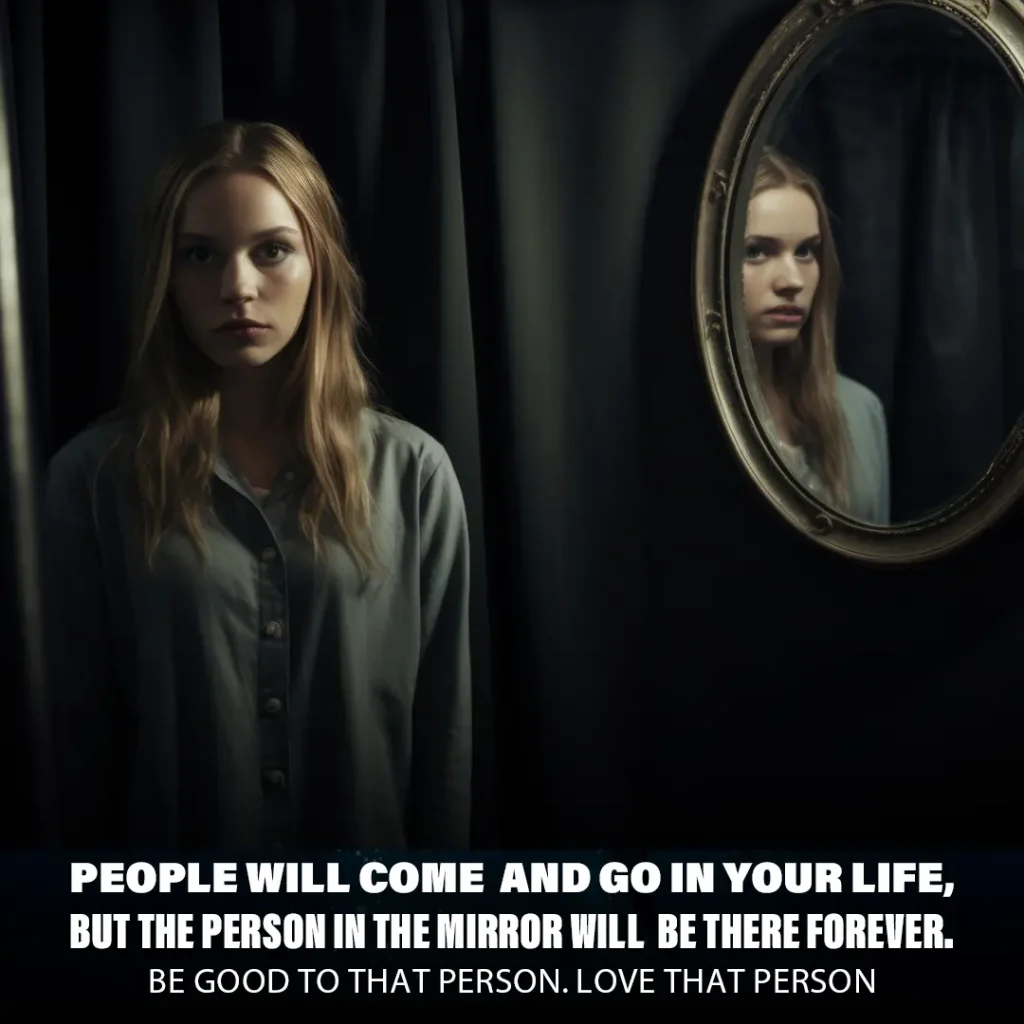The Challenge of Modern Music Lyrics for Kids
Wake up in the morning feeling like P-Diddy, got my glasses, out the door, I’m gonna hit the city. Before I leave, brush my teeth with a bottle of Jack, ’cause when I leave for the night, I ain’t coming back. I’m talking pedicure on my toes, toes, boys blowing up my phones, phone.
Picture your four-year-old dancing and singing to this Kesha tune, featured in the wildly popular Wii game Just Dance. Note that the lyrics get even racier as the song continues. Your first instinct might be to raise an eyebrow at any parent allowing their young child to hear this. But are these lyrics suitable for a nine-year-old? A twelve-year-old? Statistics show most kids playing Just Dance are aged seven to fourteen. In households with multiple children spanning a wide age range, should a thirteen-year-old be stuck listening to “The Itsy Bitsy Spider” or “The Wheels on the Bus” to shield a younger sibling’s ears?
Even if you don’t own a Wii, turn on Nickelodeon, and between SpongeBob or Dora episodes, you might hear Victoria Justice singing, “Freak the FREAK out!” or warning, “Mess with me, and you might get burned. I’ll be sure you get what you deserve. ’Cause one day, I’ll have you begging on your knees for me!” Nickelodeon targets kids from birth to sixteen, blending programming and ads. Catchy pre-teen pop stars or boy bands will grab a child’s attention, regardless of whether they grasp the lyrics’ meaning. So, what’s a parent to do?
Balancing Exposure and Parental Control
Suppose you don’t own a TV, or you avoid cable, radio, or letting your kids sit with you during the news, where they’d hear inappropriate commercial jingles amid reports of global tragedies. If this is you, you’re fortunate to limit exposure to pop icons and modern music. Still, you can’t keep your kids in a bubble forever.
Ironically, kids quickly pick up on racy song lyrics’ innuendos. Your four- or ten-year-old may not understand “brush my teeth with a bottle of Jack,” but they’ll sing it anyway. Parents must decide how to explain such references.
Kids won’t always listen to Oscar the Grouch singing about loving trash. Eventually, the “trash” they sing about comes from song lyrics. The recording industry uses a rating system similar to movies, with many CDs carrying parental advisory labels for explicit content. Retailers like Walmart refuse to sell these labeled CDs, as teens often shop unaccompanied. However, the industry’s definition of “explicit” may differ from a parent’s.
Teenagers adore their music. Lady Gaga’s songs may include crude lyrics, and her image may be provocative, yet kids under thirteen love her, as seen in her appearances on shows like American Idol or Nickelodeon’s Kids’ Choice Awards. Remember Britney Spears? Even Justin Bieber, a heartthrob for elementary school girls, has a song, “First Dance,” that raises questions about whether it’s really about dancing.
The line between appropriate and inappropriate is blurry today. Children glimpse the adult world earlier through media. Debating whether lyrics go too far isn’t new, but parents often hope artists and companies targeting younger audiences will make responsible choices. They don’t always. Why? Because that’s your job as a parent.
Your child will eventually dance and mimic lyrics from a song they’ve heard. They may not understand the meaning, and you might find it cute at first. But as they grow, monitor what’s on their iPod Shuffle. Occasionally explore their musical world. If they start using a catchphrase you don’t recognize, suspect a song.
Use your parental authority to decide what music is appropriate. If you dislike a song or CD, change the channel or remove it from their library. While you can control their exposure, you can’t shelter them forever. If they ask about a lyric you deem inappropriate, invent a believable explanation—they’ll likely move on.
By staying proactive and aware of what your child hears, and remembering you have the final say on what’s allowed, you and your child will navigate this phase well. Ultimately, there are bigger issues to tackle.





